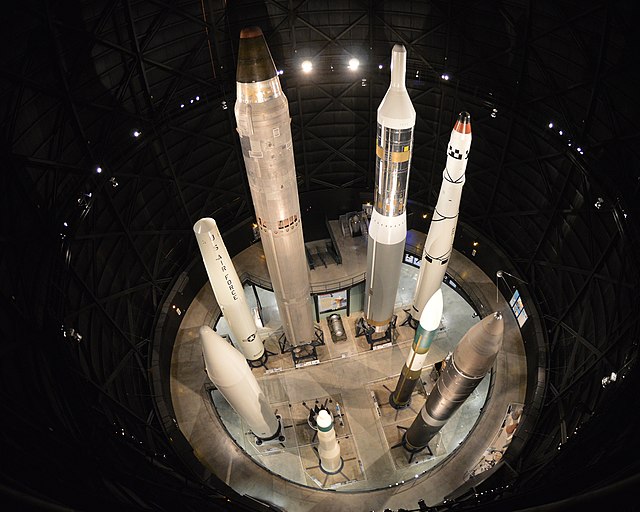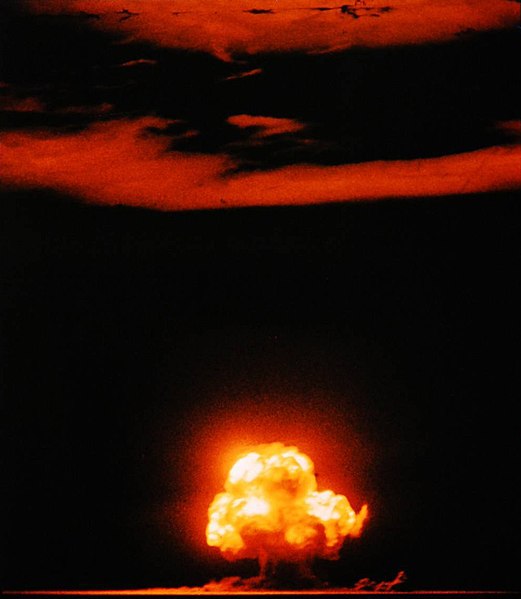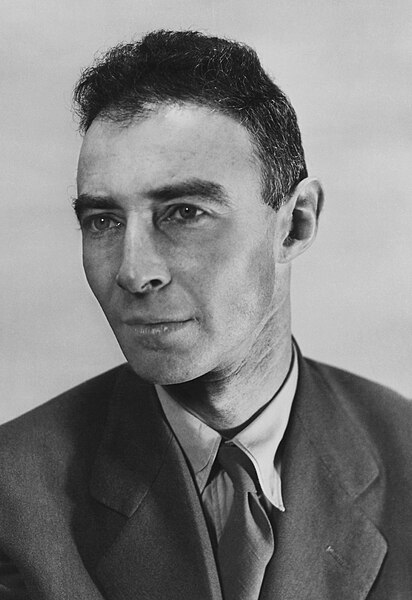Nuclear proliferation is the spread of nuclear weapons, fissionable material, and weapons-applicable nuclear technology and information to nations not recognized as "Nuclear Weapon States" by the Treaty on the Non-Proliferation of Nuclear Weapons, commonly known as the Non-Proliferation Treaty or NPT. Proliferation has been opposed by many nations with and without nuclear weapons, as governments fear that more countries with nuclear weapons will increase the possibility of nuclear warfare, de-stabilize international or regional relations, or infringe upon the national sovereignty of nation states.
In 2003, Libya admitted that the nuclear weapons-related material including these centrifuges, known as Pak-1, were acquired from Pakistan
A nuclear weapon is an explosive device that derives its destructive force from nuclear reactions, either fission or a combination of fission and fusion reactions, producing a nuclear explosion. Both bomb types release large quantities of energy from relatively small amounts of matter.
An assortment of American nuclear intercontinental ballistic missiles at the National Museum of the United States Air Force. Clockwise from top left: PGM-17 Thor, LGM-25C Titan II, HGM-25A Titan I, Thor-Agena, LGM-30G Minuteman III, LGM-118 Peacekeeper, LGM-30A/B/F Minuteman I or II, PGM-19 Jupiter
The Trinity test of the Manhattan Project was the first detonation of a nuclear weapon, which led J. Robert Oppenheimer to recall verses from the Hindu scripture Bhagavad Gita: "If the radiance of a thousand suns were to burst at once into the sky, that would be like the splendor of the mighty one "... "I am become Death, the destroyer of worlds".
J. Robert Oppenheimer, principal leader of the Manhattan Project, often referred to as the "father of the atomic bomb".
Edward Teller, often referred to as the "father of the hydrogen bomb"





